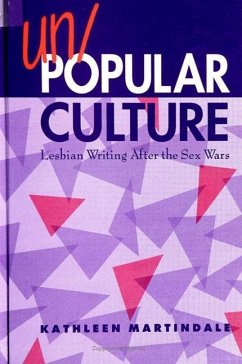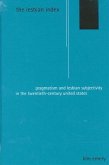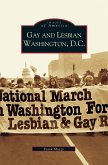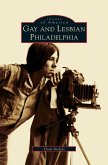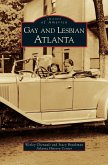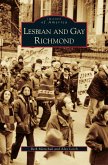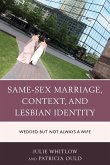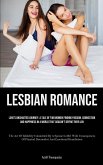Offers a lucidly written analysis of the complex and provocative terrain of lesbian literary and cultural theory. Theorizing lesbian, Kathleen Martindale writes, is like embarking on terra incognita. In this book, Martindale offers her lucidly written analysis as a guide through the complex and provocative terrain of lesbian literary and cultural theory. Using the publication of Adrienne Rich's Compulsory Heterosexuality and Lesbian Existence and the outbreak of the American sex wars as a starting point, Martindale traces the emergence of lesbian postmodernism and how lesbian-feminism changed from a popular to an un/popular culture and from a political vanguard into a cultural neo-avant garde. Martindale analyzes the theoretical implications of "creative" texts such as the graphic art and cultural commentary of Alison Bechdel and Diane DiMassa. She experiments in autobiography by Joan Nestle, and deconstructed lesbian genre fiction by Sarah Schulman to determine how these texts elaborate contemporary theoretical issues. These texts, she argues, are widely available and could be considered as postmodernist rewritings and revisions of the most characteristic and preferred lesbian-feminist modes of cultural expression. Her analysis raises poignant questions about how lesbians read, what they read, and what counts as lesbian theory. She concludes with a discussion of the status of queer pedagogy in academic institutions and what measures need to be taken to promote and safeguard its existence in what are often homophobic educational settings.

